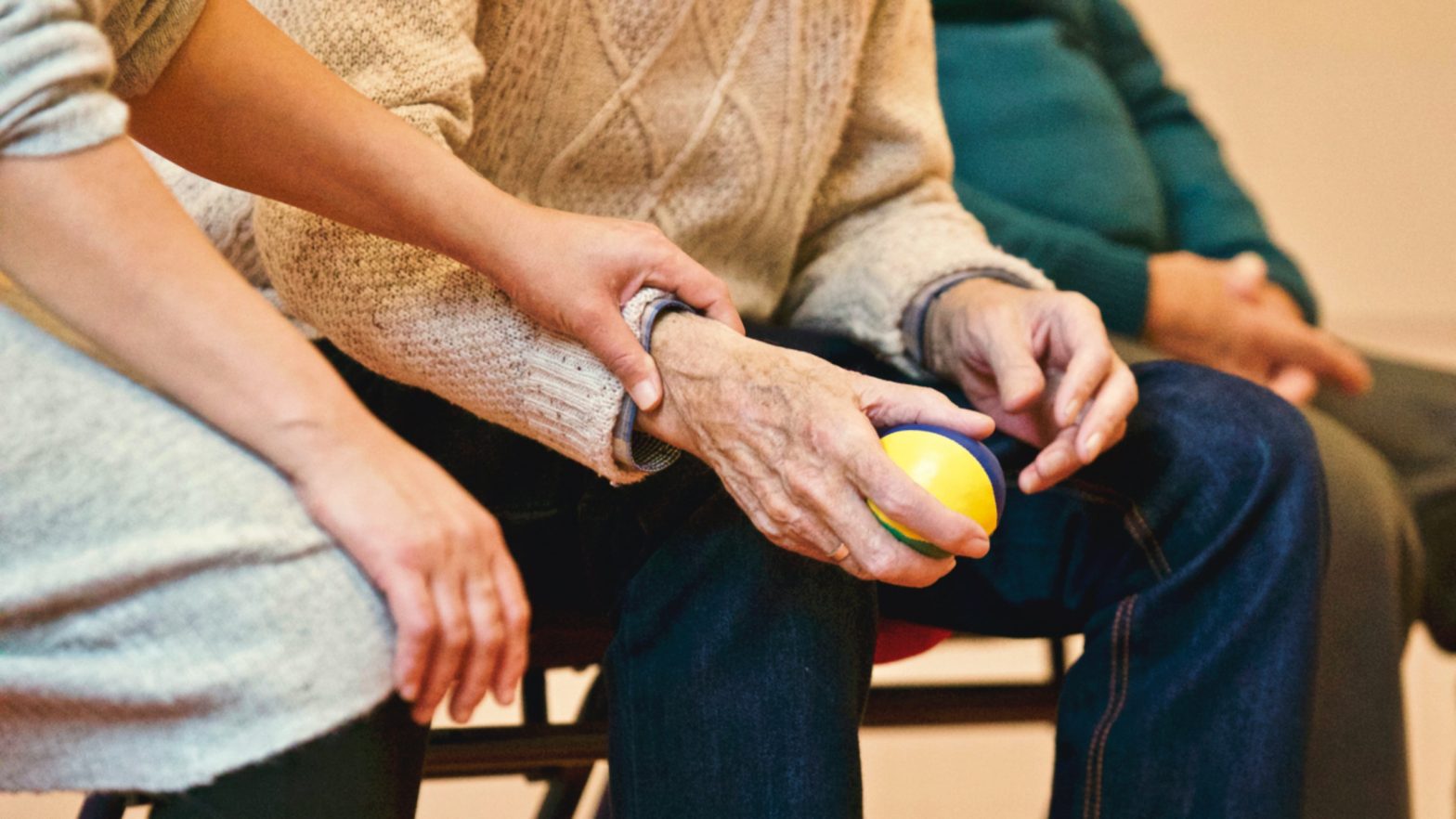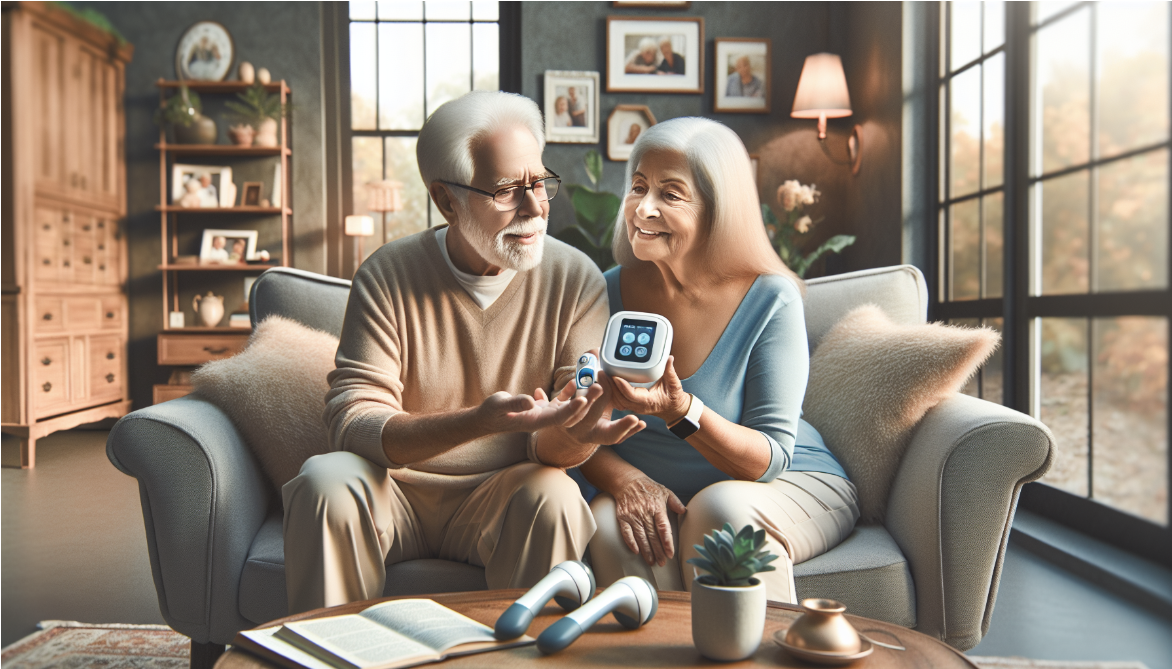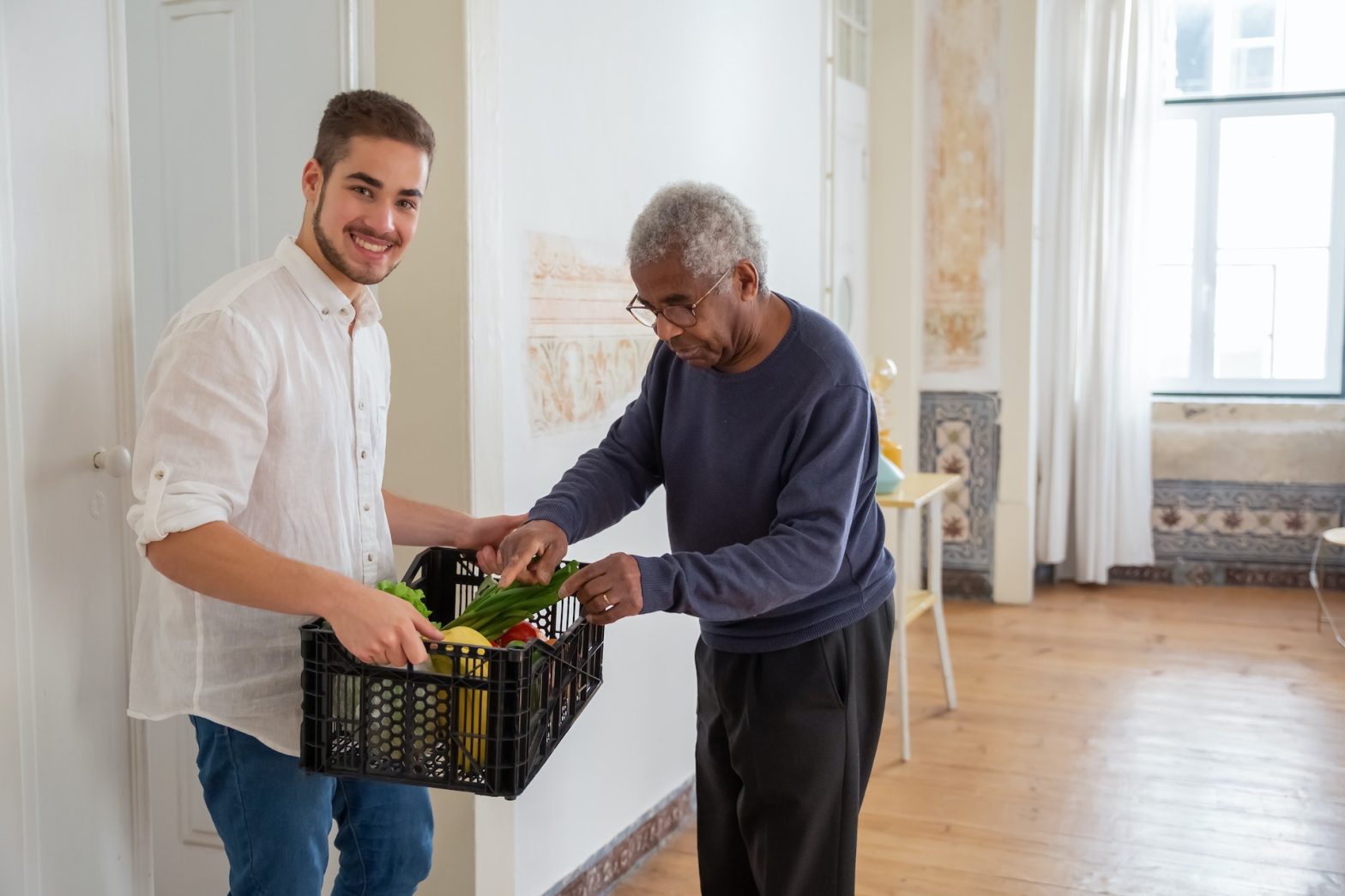Speak to a local care advisor at Assisted Living Locators by calling (888)-267-4741.
Learn about Assisted Living, Senior Living, Memory Care, and In-home care options.
Most people find it challenging to care for their senior family members. The problem worsens when they have a traditional 9-5 job and no one else at home to care for the ailing father or mother.
As a result, they hire a homecare agency to get the job done. However, most family caregivers lack evidence-based knowledge and are not ready for the challenge of streamlining their day-to-day responsibilities.
Although the duties of caring for a senior citizen vary from person to person and depend on the individual’s specific needs, you must gain evidence-based knowledge and prepare yourself to handle the following everyday tasks. Read on!
1. Developing a Care Plan
As a senior caregiver, you will create and oversee a comprehensive care plan and follow a step-by-step approach to streamline the process. We recommend creating a plan with SMART objectives: specific, measurable, achievable, realistic, and timely.
Focus on one objective at a time and start the process by clarifying the purpose. Your plan may include but is not limited to companionship, nutrition/meal preparation, scheduling doctor’s appointments, coordinating with family members, fall prevention, socialization, and tracking the progress.
2. Providing Companionship
A 2020 research study published by the National Institute of Health (NIH) highlights that companionship promotes mental wellbeing, self-expression, social satisfaction, and happiness among older adults.
So, your responsibility is to provide companionship for the client’s elderly family member. For instance, you will spend time with the older adult, discuss their favorite activities, and create opportunities for indulgence.
The purpose is to improve the older person’s psychological health and reduce symptoms of loneliness, isolation, stress, depression, anxiety, dementia, irritability, and self-harm.
3. Educating Families
Family members who are too busy in their daily lives may ignore their elderly loved ones. As a result, they find it challenging to identify, analyze, or slow down signs of aging. Coping with the situation becomes challenging for most family members.
Your duty as a caregiver may include educating the elderly client’s family members. So, this approach motivates them to strengthen family bonds and creates a healthy balance for the older adult to maintain self-autonomy and close relationships with family members.
4. Medication Management
Not taking medications properly can lower the quality of life for older adults. Taking medicines on time and complying with prescriptions are crucial for senior citizens. The problem worsens for older adults with dementia because they usually forget about taking their medications.
You must ensure the elderly client takes the correct medication and dose at the right time. You must review the doctor’s prescription to know whether the older person should take medicine before or after a meal, with or without water. If your clients take multiple syrups or pills daily, you can use a pill organizer to keep track of the bottles/strips.
5. Help with ADLs
According to the National Library of Medicine, activities of daily living (ADLs) for the elderly include personal hygiene, grooming, toileting, showering, cooking, eating, laundry, transferring, and ambulating. Therefore, you have to prepare yourself for assistance with daily activities of living.
If your plan does align with the client’s goals, you will experience complications. We recommend following a step-by-step approach, using your common sense, and maintaining humble body language and tone of voice to discuss the problems, understand the requirements, and plan accordingly.
6. Housekeeping
Caring for an elderly person is daunting and time-consuming. Sometimes, it causes burnout, stress, and fatigue for caregivers. Housekeeping tasks, such as washing dishes, vacuuming, laundry, washroom cleaning, etc., are physically demanding. So, you may neglect your own physical and emotional wellbeing, leading to hopelessness, fatigue, and burnout.
Therefore, you must prepare yourself to handle the housekeeping and streamline the entire process without negatively impacting your own wellbeing. You will be confident and energetic enough to meet your client’s expectations when you have good physical and mental health.
7. Dietary Management
A 2021 study published by NCBI highlights that optimal nutrition and dietary management are essential for older adults to maintain their energy levels, improve metabolism/homeostasis, and prevent the risk of chronic conditions like hypertension, heart disease, osteoporosis, Type-2 diabetes, insomnia, Alzheimer’s disease, and cancer.
Thus, your primary duties are developing nutrition plans, performing dietary management, and preparing meals. Remember, you must examine the situation by discussing the meal requirements with family members to optimize dietary management.
For example, if your client has age-related arthritis, you can create a meal plan with plant-based foods and focus on anti-inflammatory veggies, such as onions, leeks, and garlic. Likewise, you can prepare different dishes using sweet potatoes, carrots, squash, etc., to lower the symptoms of arthritis.
8. Mobility Assistance
Senior caregivers help their elderly clients move from room to room, a bed to chair, or inside to outside. Remember, if your client has limited mobility or a weakened musculoskeletal system, you will find this task challenging.
Again, you will have to devise a thorough plan to ensure your client’s safety. For instance, keeping your client active can improve the strength and flexibility of muscles, bones, tendons, and ligaments.
Likewise, you can use mobility devices, simplify daily tasks, identify safe routes in public areas, and monitor changes in the client’s abilities. So, prepare yourself for this duty to meet the client’s expectations.
9. Transportation
Older adults find it daunting to move on their own, especially when they have dementia. So, your duty is to take them to the doctor’s office, nearby park, grocery store, community center, or other areas efficiently, reliably, and safely.
10. Fall Prevention
According to the Centers for Disease Control and Prevention (CDC), senior citizens are more vulnerable to falls and accidents, and about 36 million incidents occur each year in the United States, leading to over 32,000 deaths.
As a senior caregiver, you are responsible for implementing fall prevention strategies and creating a safer living environment. The purpose is to ensure your elderly client feels comfortable and safe when moving from Point A to Point B.
For example, you can clear the clutter from pathways your client walks daily and ensure they wear proper footwear to prevent falls and accidents. Focus on strength, flexibility, and balance “exercises” to reduce the risk of unpleasant incidents that can cause the older adult to end up in a hospital’s emergency room.
Final Words
Older adults, particularly those above 65, are more likely to suffer from aging-related disorders, such as dementia, diabetes, heart disease, hypertension, stress, depression, loneliness, and insomnia. As a result, they find it challenging to optimize their day-to-day life. So, you, as a senior caregiver, are responsible for streamlining your client’s daily life. However, you must implement evidence-based practices to achieve optimal results.












